
West Sussex councillors have reaffirmed their belief that renewable energy production is the way forward for the county – not gas or oil.
During a meeting of the county council on Friday (October 14), members supported unanimously a notice of motion on the subject which was tabled by Liberal Democrat leader Kirsty Lord.
The motion was brought forward after the government decided to lift its ban on fracking in the UK.
Mrs Lord shared her fears that the government could ‘start tinkering with the regulations’ when it came to oil and gas production – and even the definition of what constitutes fracking.
She said:
“This council’s planning team reviews national policy regularly.
“It may be time for us to review whether the National Infrastructure Act’s definition of fracking is still sufficient to protect our environment, given the use of liquids below that level could be allowed even in the National Park and AONBs [Area of Outstanding Natural beauty].”
Hydraulic fracturing, or fracking, is a technique for recovering gas and oil from shale rock.
It involves drilling into the earth and directing a high-pressure mixture of water, sand and chemicals at a rock layer in order to release the gas inside.
It was halted in the UK in 2019 following concerns about earth tremors – but that ban was lifted last month.
Deborah Urquhart, cabinet member for environment & climate change, amended the motion to include mention of a British Geological Survey which confirmed that the
geology of the Weald Basin – which includes West Sussex – means that there is no significant shale gas potential.
But the same report does state that there could be an estimated 4.4 billion barrels of oil in the rock.
Mrs Urquhart said:
“We won’t support anything that is tearing up the environmental protections here in West Sussex.
“But we are the strategic planning authority – we have to, by law, abide by national planning regulations.
“But we will do all we can to make sure that environmental protections are enhanced, not reduced.”
Exploratory drilling has taken place at Balcombe in Mid Sussex and at Broadford Bridge near Billingshurst in the Horsham district, though the companies involved stated these were for conventional energy deposits and not for shale oil or gas.
Work has ground to a halt at the Billingshurst site until the evaluation of the Horse Hill site near Horley is completed.
Meanwhile, Angus Energy’s most recent application to continue oil testing at Balcombe was rejected by the council in March 2021, although the company is appealing that decision.
No matter the council’s stance on fracking or oil/gas extraction, its hands would be tied if the government declared a site to be Nationally Significant Infrastructure.
Such a move would bypass normal local planning requirements.
The council has made great strides when it comes to renewable energy, opening solar farms at Tanbridge and Westhampnett, a wind farm a few miles off the Sussex coast, and a battery storage farm due to open next year in Sompting.
But Labour Leader Caroline Baxter did wonder how many councillors would support calls to divest the West Sussex Pension Fund of investment in fossil fuels.
Leader Paul Marshall said:
“This council is committed to its climate change strategy and actions.
“It’s absolutely critical and I just want to reassure that this council wants to retain its position – and will challenge if that position changes – to determine our own planning applications around oil and gas and that our focus is on renewables.”
Speaking after the meeting, Mrs Lord said:
“West Sussex MPs and government ministers should now have no doubt that West Sussex County Council stands squarely behind residents who are worried that fracking has been green-lighted in the Weald.”


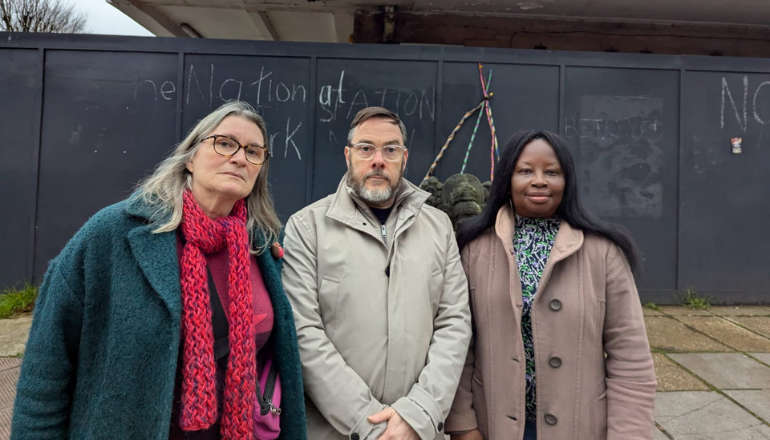 ‘A Kick In The Teeth For Lewes’: Lib Dem MP Expresses Disappointment Over Bus Station Loss
‘A Kick In The Teeth For Lewes’: Lib Dem MP Expresses Disappointment Over Bus Station Loss
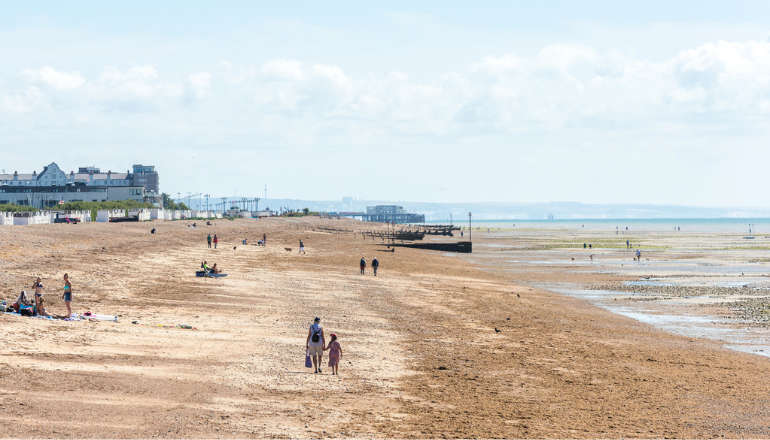 Results For Worthing’s Bathing Water Sites Revealed
Results For Worthing’s Bathing Water Sites Revealed
 £100,000 Robbery Of Bexhill Mobile Phone Store
£100,000 Robbery Of Bexhill Mobile Phone Store
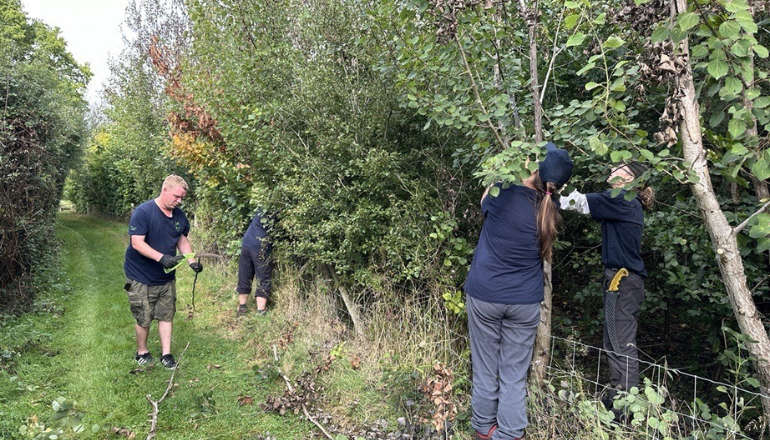 Organisations In Wealden Receive Funding To Help Tackle Inequalities In Physical Activity
Organisations In Wealden Receive Funding To Help Tackle Inequalities In Physical Activity
 Festive Children’s Stories Brought To Life With Interactive Story Session
Festive Children’s Stories Brought To Life With Interactive Story Session
 Jail Time For Shop Owner Who Sold Illegal Tobacco
Jail Time For Shop Owner Who Sold Illegal Tobacco
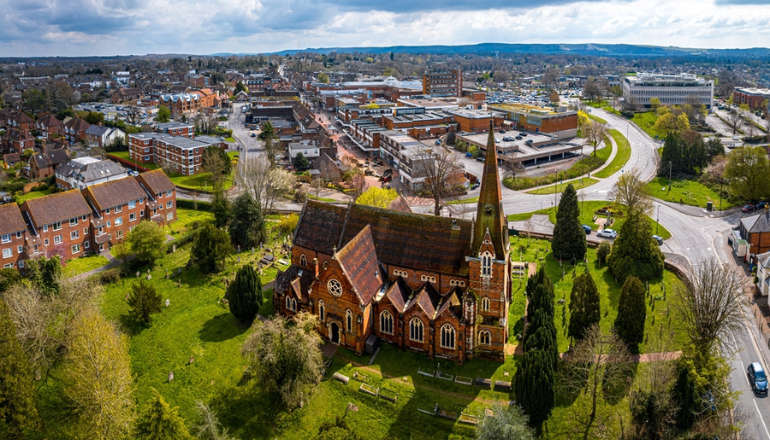 Funding Boost For Community-Led Waste Prevention Projects In West Sussex
Funding Boost For Community-Led Waste Prevention Projects In West Sussex
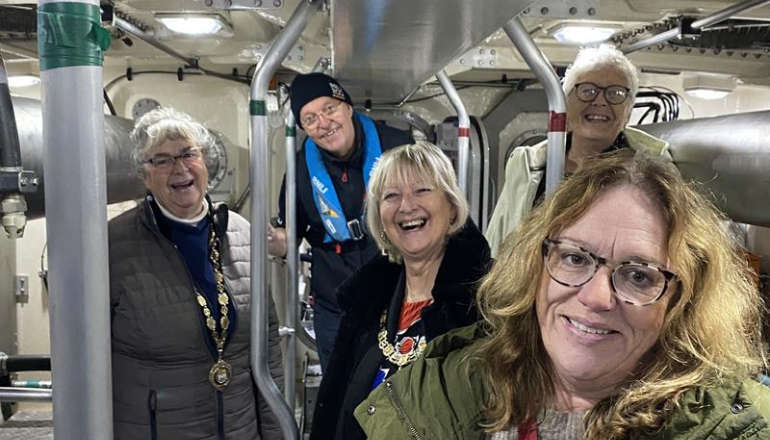 Newhaven RNLI Welcomes Quartet Of Mayors To Share Gratitude
Newhaven RNLI Welcomes Quartet Of Mayors To Share Gratitude
 University Of Brighton Launches Health Innovation Hub To Tackle Health Challenges
University Of Brighton Launches Health Innovation Hub To Tackle Health Challenges
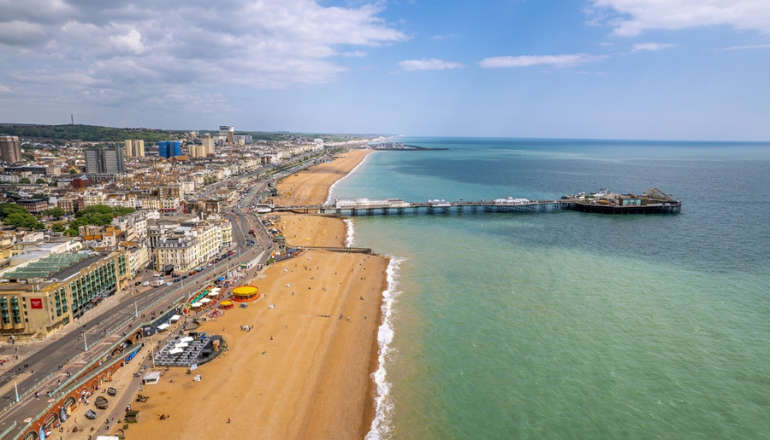 New Residential Care Home For Disabled Children In Brighton
New Residential Care Home For Disabled Children In Brighton